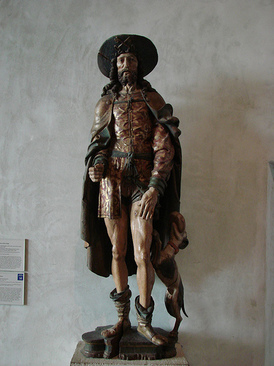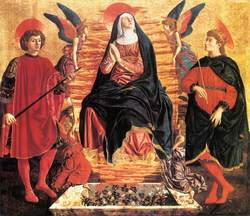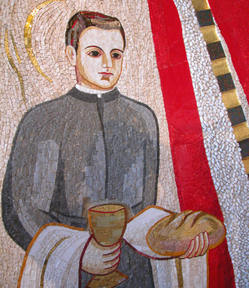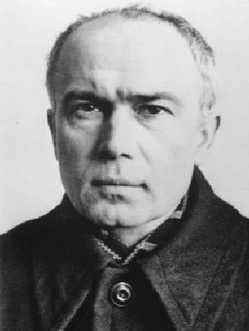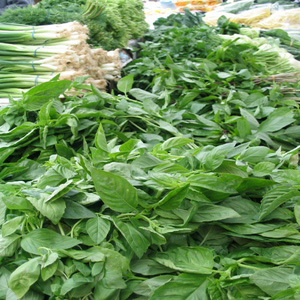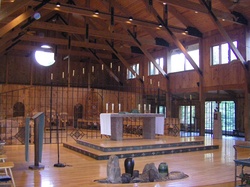 One of the blessings in Connecticut is the presence of Abbey of Regina Laudis, a monastery of nearly 40 Benedictine nuns in the hills of Litchfield, County (in the Archdiocese of Hartford). Looking out in the choir there were 5 white veil novices and 1 postulant among the other professed nuns.
One of the blessings in Connecticut is the presence of Abbey of Regina Laudis, a monastery of nearly 40 Benedictine nuns in the hills of Litchfield, County (in the Archdiocese of Hartford). Looking out in the choir there were 5 white veil novices and 1 postulant among the other professed nuns.
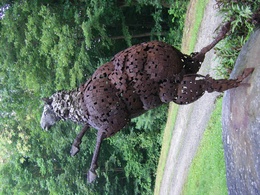 Additionally, the abbey has through the years attracted women from all walks of life and pedigree: some have been lawyers, physicians, artists, poets, actresses, theologians, minor nobility and the like. Mother Foundress’ leadership and vision was the result of the integration of faith and reason. She knew deeply the Catholic tradition of the religious, artistic and intellectual life. Hers was a monastic life that is virtually unknown in the United States. Regina Laudis is likely one of 4 or 5 similar monasteries of women. Historically, Mother Benedict knew personally Popes Pius XII, John XXIII and Paul VI and all of them encouraged the Foundress to keep alive Benedictine culture, ecumenism, the Latin chants and the intellect (that is, if a woman came to the abbey is a professional credential, or later earned one, she was keep current in that field).
Additionally, the abbey has through the years attracted women from all walks of life and pedigree: some have been lawyers, physicians, artists, poets, actresses, theologians, minor nobility and the like. Mother Foundress’ leadership and vision was the result of the integration of faith and reason. She knew deeply the Catholic tradition of the religious, artistic and intellectual life. Hers was a monastic life that is virtually unknown in the United States. Regina Laudis is likely one of 4 or 5 similar monasteries of women. Historically, Mother Benedict knew personally Popes Pius XII, John XXIII and Paul VI and all of them encouraged the Foundress to keep alive Benedictine culture, ecumenism, the Latin chants and the intellect (that is, if a woman came to the abbey is a professional credential, or later earned one, she was keep current in that field).

